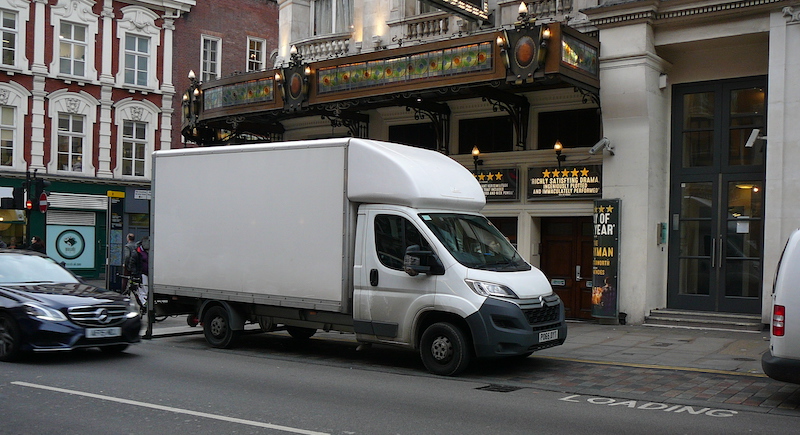There are many variables when it comes to motor vehicle accidents. According to 1-800-Injured, both truck accident and car accident claims require knowledge and experience in handling motor vehicle cases. But while truck accident claims generally follow the same rules as car accident claims, there are still some practical considerations you may need to consider that could influence your case’s outcome.
Overall, such claims could be challenging, so you should understand the four key differences between car and truck accident claims. Knowing them can make a huge difference when it comes to recovering the compensation you rightfully deserve for your injuries and losses. With that being said, here are four key differences between commercial truck and car accident claims.
#1. Truck Accidents Typically Involve Greater Damage
A commercial truck can weigh up to 80,000 pounds, which is considerably more than the weight of a standard car. You may suffer more severe and long-term injuries if you are involved in a truck accident. Commercial truck accidents also have a higher fatality rate, and the financial value of the damages is often substantial.
Insurance companies representing the truck driver or trucking company are highly defensive against a claim. They can create a solid legal defense that may be difficult for you to overcome. Before you talk to insurance adjusters or accept a settlement offer, it’s best to get help from a personal injury attorney to handle your case.
#2. Truck Accidents May Involve Multiple Parties
Some key difference between car and truck accident claims is the number of parties liable for the collision. You may be entitled to file a claim against the truck driver or their employer. But if the company that owns and operates the truck differs from the truck driver’s employer, you could also have an accident claim against the business. Other parties that could be liable for your truck accident include, but are not limited to:
• The truck manufacturer
• The company that loaded cargo onto the truck
• Drivers of other motor vehicles in the accident
Other drivers or companies have their own liability insurance, which means their insurance companies will also be involved in your claim. They might even file a counterclaim, making the situation much more difficult. Knowing who was responsible for your truck accident is critical to your case. A knowledgeable and compassionate personal injury attorney can help you navigate these claims or any counterclaims that may appear.
#3. Truck Accidents Generally Require Different Types of Evidence
Commercial truck drivers carry a great deal of responsibility while on the road, meaning there are greater consequences at stake if a truck accident occurs. That is because truck accidents are far more complicated than car accidents, as they have unique challenges and laws.
Another significant difference between car and truck accident claims is the evidence you need to prove that the other party was reckless or negligent. Some types of evidence, such as medical records, police reports, or photographs, are common in all types of motor vehicle accidents. However, truck accidents may have more complex, forms of evidence, including:
• Black box data
• Accident reconstruction specialists
• Expert medical witnesses
• Employment records
• Driver logs
It’s vital to understand that just because you were involved in a truck accident doesn’t make you entitled to financial compensation. You will have to prove that the trucker was acting negligently and prepare your case accordingly.
#4. Trucks are Susceptible to Different Types of Collisions
A Florida car accident will likely be head-on, rear-end, T-bone, or a sideswipe. Such collisions are common for truck accidents too, but there are far more dangerous crashes to be aware of, such as the following:
• Jack-knife accidents happen when the truck driver brakes suddenly. The trailer doesn’t stop due to its forward momentum, causing it to swing out to the side and form a V shape against the truck.
• Underride accidents occur when a smaller car crashes into the truck’s back or side and slides underneath the truck. Conversely, override accidents happen when a truck ends up on top of a car.
• Overloaded cargo accidents occur when too much cargo is loaded on the truck, causing it to tip over. Moreover, cargo that breaks away from the truck hitting another motor vehicle is also an overloaded cargo accident.
The right personal injury attorney will help you identify which collision you were involved in and what the next step of your truck accident claim should be.











